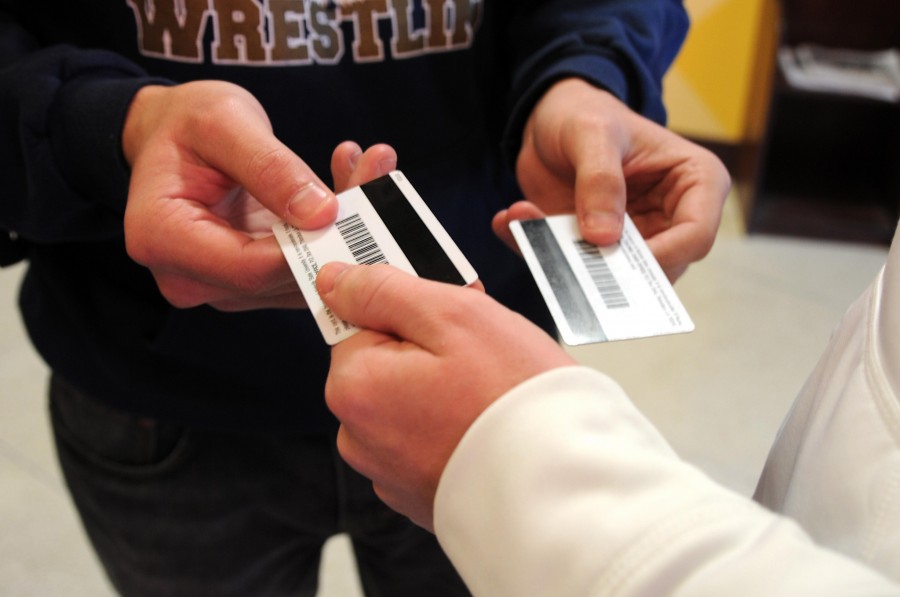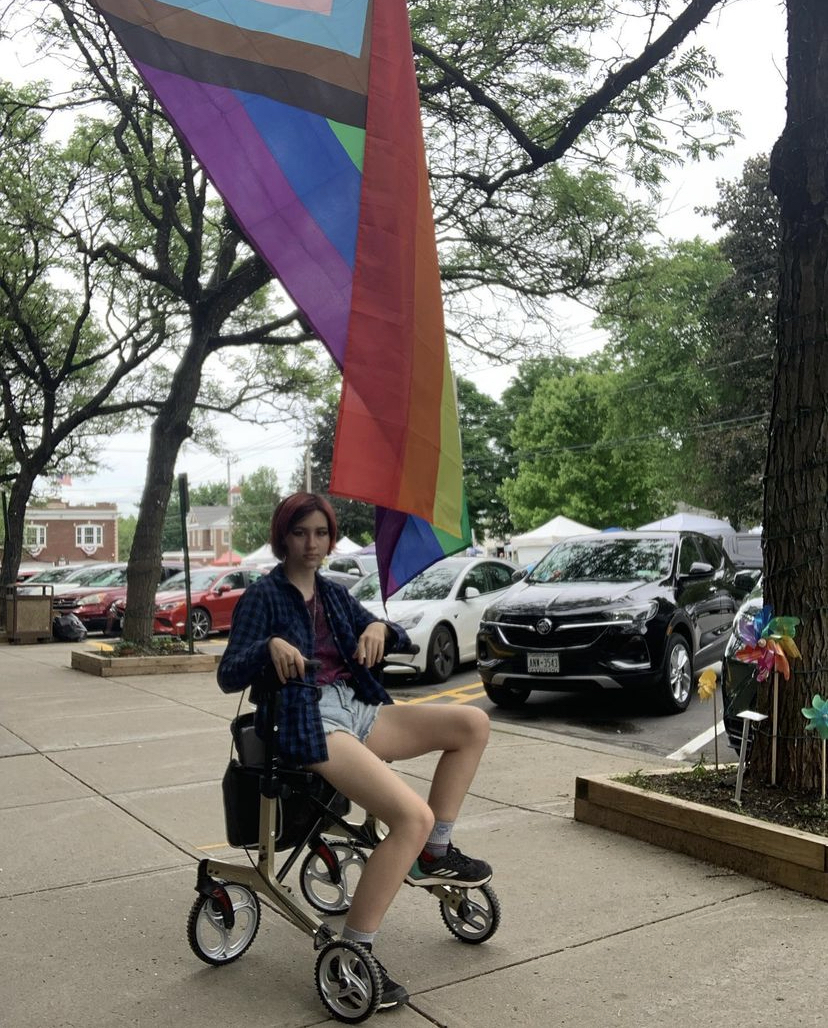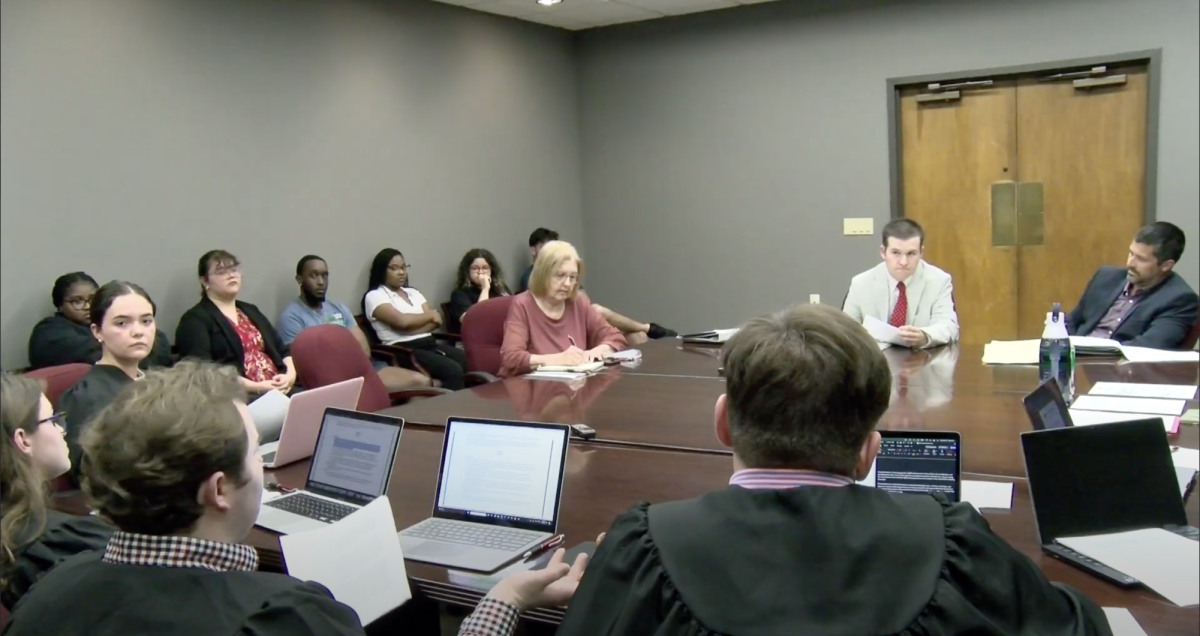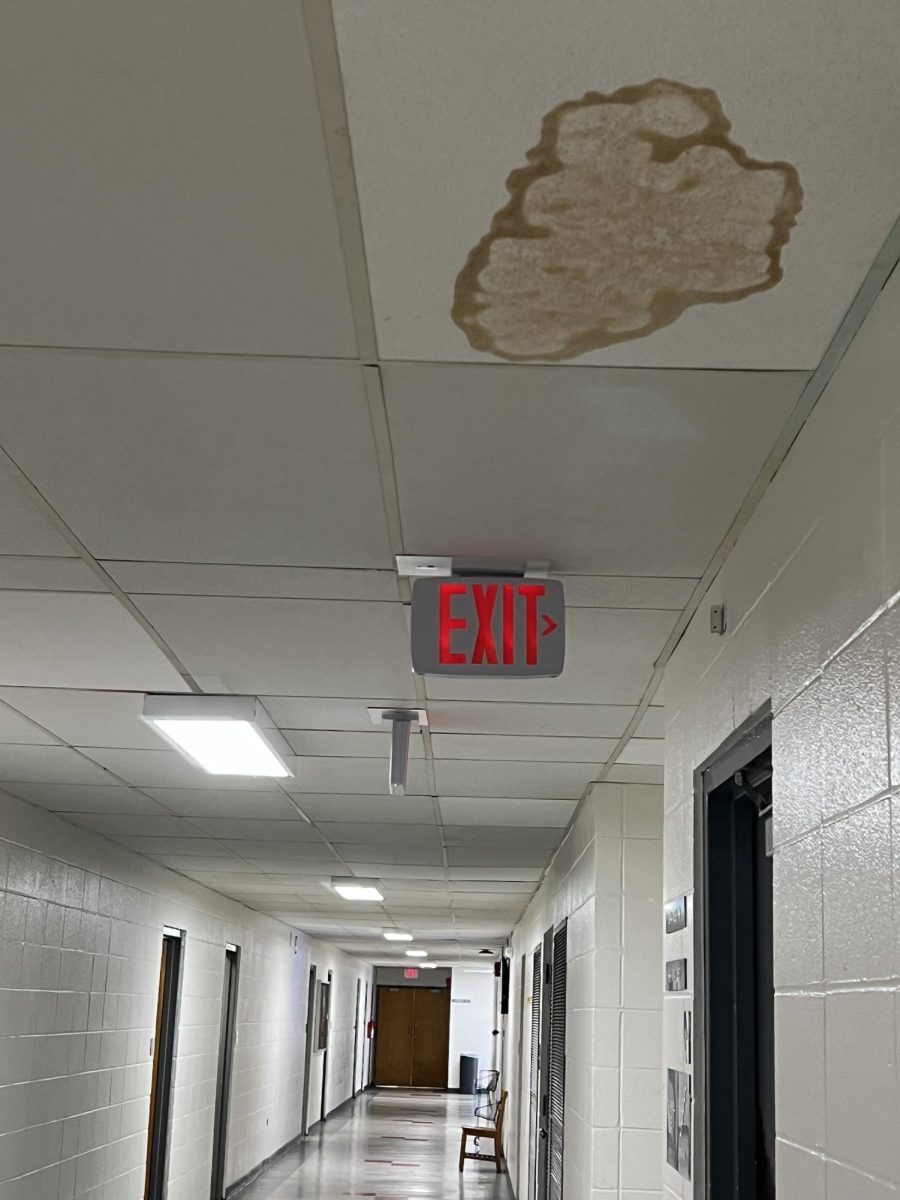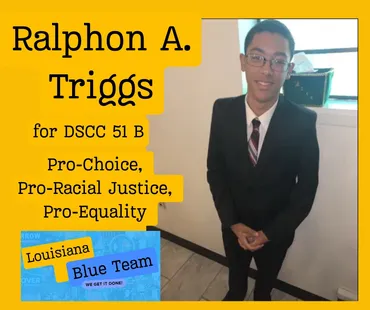“Tuition paid,” “dorm cleaned,” “meal plan spent,” and “identity stolen” are just a few things that could show up on a college student’s checklist at the end of a semester.
As stated by the United States Department of Justice, “Identity theft and identity fraud are terms used to refer to all types of crime in which someone wrongfully obtains and uses another person’s personal data in some way that involves fraud or deception, typically for economic gain.”
According to Identity Guard Resource Center, “24 percent of all identity theft complaints are from the 18 to 29 year old age bracket.”
The Department of Justice offers the acronym “S.C.A.M.” as a way for students to remember to keep their identity safe. “S” stands for stingy, meaning that students should be stingy with the personal information they give out. “C” stands for check. Students should check their bank statements and checkbooks to ensure that charges are theirs. “A” means ask, meaning ask for a copy of your credit report periodically. “M” means maintain. Maintain bank statements and other records to ensure charges are correct.
The University used to implement student social security numbers as identification on campus. There were a few problems that arose with this method.
“In previous years, credit card companies would come to campus and get students to fill out applications,” Eugene Dial, vice president of student affairs, said. “The applications would include the student’s social security numbers. In turn, the people would take the information they collected and open an account under the student’s name.”
The University has changed the student identification policy to ensure that student identities were protected on campus.
The University then switched to the N number because it was associated with the University only, not a student’s social security number that follows them the rest of their lives.
The N number is a randomly generated number that, if not shared with others, is a safe alternative to a social security number.
“When students request information from faculty members, they have to provide an N number to get the information, and that faculty member has to have clearance to log into the database for that information,” Dial said. “There is not a list of N numbers that I know of.”
Students do need to use a social security number when applying to the University and for TOPS. The University matches up the N number to the social security number on the documents to verify their identity.
Also, when applying for a student job on campus for the first time, students are asked to supply their social security card for the federal forms.
Another identification tool used on campus is the Colonel Card. The Colonel Card does not have a student’s N number on it, but uses a picture to identify its proper owner.
Students sometimes use a friend’s Colonel Card, causing confusion.
“I let friends use my card often to get food on campus, and they are never told they cannot use it because it is not their picture,” Leslie Baldassaro, business management junior from Marrero, said.
If a student ever experiences or suspects that their identity has been stolen on campus they should contact University Police, Dial said.
“They should file a report with University Police, and they will then contact the reference office, financial aid office, the controllers office and colonel card office to make sure that particular N number is shut down,” Dial said.
When someone obtains a student’s N number they potentially have access to other information.
For example, when a student calls the financial aid office, they are promted to supply their N number and name. With that information a person can obtain information on a student’s loans and other financial information. Although more information is needed to actually take out a loan, a person could still find information about the already existing loans of another person.
Outside of campus students should go through a process and keep any paper work associated with it to ensure that the damage that is already done is limited and or stopped.
Students wishing to gain more information on identity theft and the process can visit the Federal Trade Commission website in regards to identity theft.
Silent Criminal
Precautions taken on campus to protect student identity
Pauline Wilson
•
November 15, 2012
Leave a Comment
More to Discover


